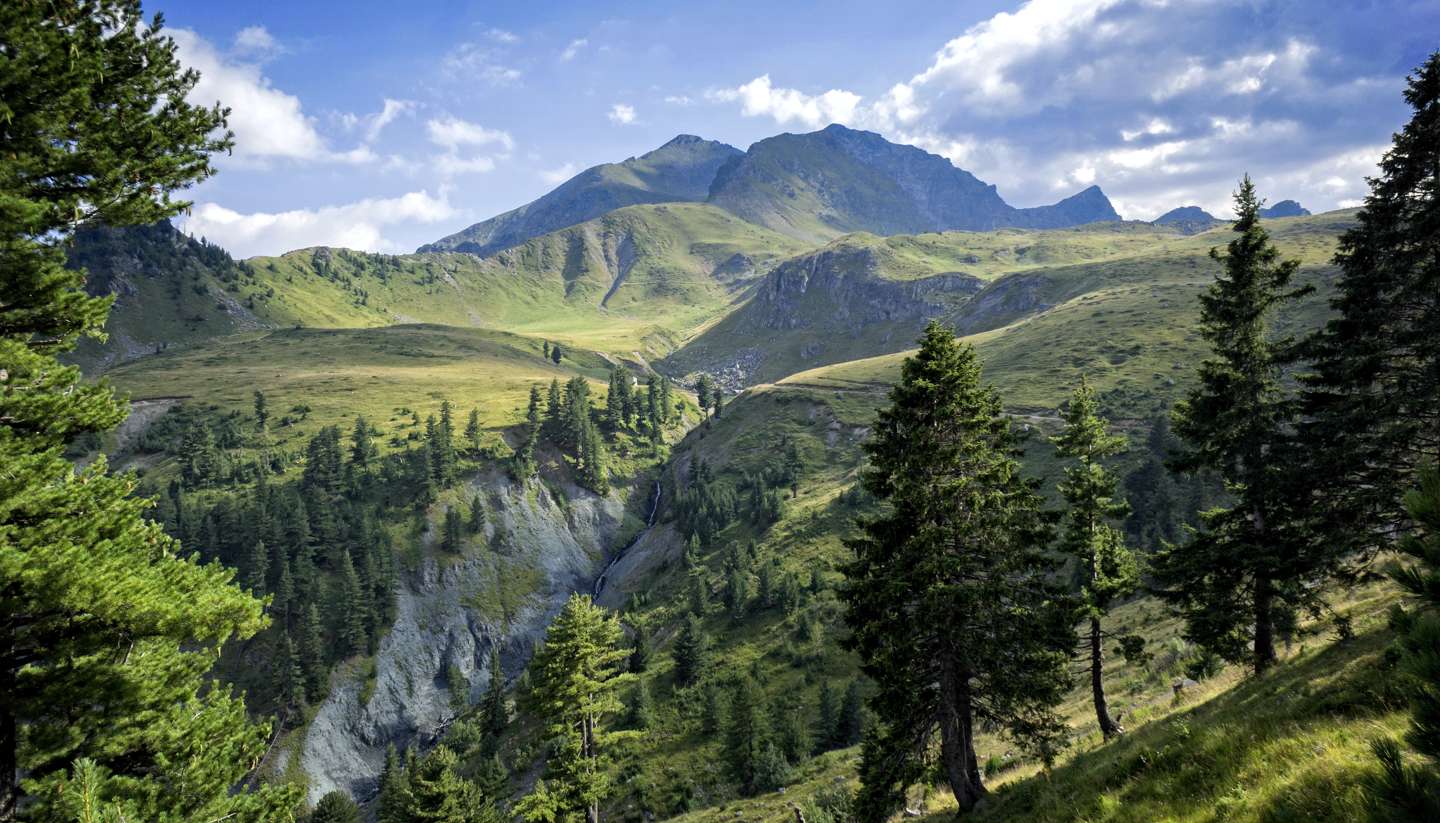Kosovo History, Language and Culture
History of Kosovo
During medieval times, Kosovo was the centre of the Serbian Empire. That is, until the 14th-century Battle of Kosovo, when the Ottomans defeated the Serbs and their allies, paving the path for the Turks to establish a rule over the region, which would last from the mid-15th century to the early 20th century.
Prior to Turkish rule, the Kosovo population was predominantly Serb, but with the arrival of the Ottomans, Islam became more widespread and the number of Muslim ethnic Albanians rose.
In 1912, Serbia regained control over Kosovo during the First Balkan War only to lose it again during WWI, when Kosovo became part of the Kingdom of Serbs, Croats and Slovenes (later renamed Yugoslavia). During WWII, Kosovo was united with Albania under Italian control and was later liberated and granted the status of an autonomous region within Yugoslavia.
In 1989, Slobodan Milosevic set out his ultranationalist agenda in a speech at the rally on the Battle of Kosovo field, promising to restrict Kosovo autonomy. His policies led to three major wars and the eventual disintegration of Yugoslavia; the Kosovo conflict became the last act in the Balkan drama.
Brutal actions of the Serbian army and paramilitaries led to the exodus of almost the entire Albanian population and prompted NATO bombardment of Serbian cities in 1999. When the Albanians returned, it was the time for Serbian civilians to flee persecution by the Kosovo Liberation Army fighters.
Following years of unsuccessful talks in which neither party wanted to yield ground, Kosovo unilaterally proclaimed independence in February 2008, supported by major Western powers. It adopted a constitution, which gives broad autonomy to Serbian enclaves. However, Kosovo Serbs rejected this change and continue to see themselves as residents of the Serbian Autonomous Region of Kosovo and Metohija.
In 2009, Kosovo held its first democratic elections since declaring independence from Serbia. Despite periods of unrest, high unemployment and problems with corruption, Kosovo has continued to make significant progress towards stability. In 2013 and 2015, Kosovo and Serbia signed landmark agreements in an effort to normalise relations between the two countries – a process both countries hope will advance their European Union accession agenda.
Did you know?
• Kosovo has the youngest population in Europe, with an estimated 70% of its citizens under 35.
• Not only is Pristina’s main boulevard named after Bill Clinton, but the former American president is also honoured with a 3m-high (10ft) golden statue in the Kosovar capital.
• Kosovo is rich in lignite coal and remains one of the most polluted regions in Europe.
Kosovo Culture
Religion in Kosovo
Sunni Islamic majority, Orthodox Christian and Roman Catholic minorities.
Social Conventions in Kosovo
Avoid taking pictures of military installations and looted houses of Serbs in the Albanian-populated parts, and of Albanians in the Serbian-populated parts; it may cause bad feeling.
Language in Kosovo
Albanian, Serbian, Bosniak and Turkish.


